Top 5 hardships/mistakes as a newcomer in Japan
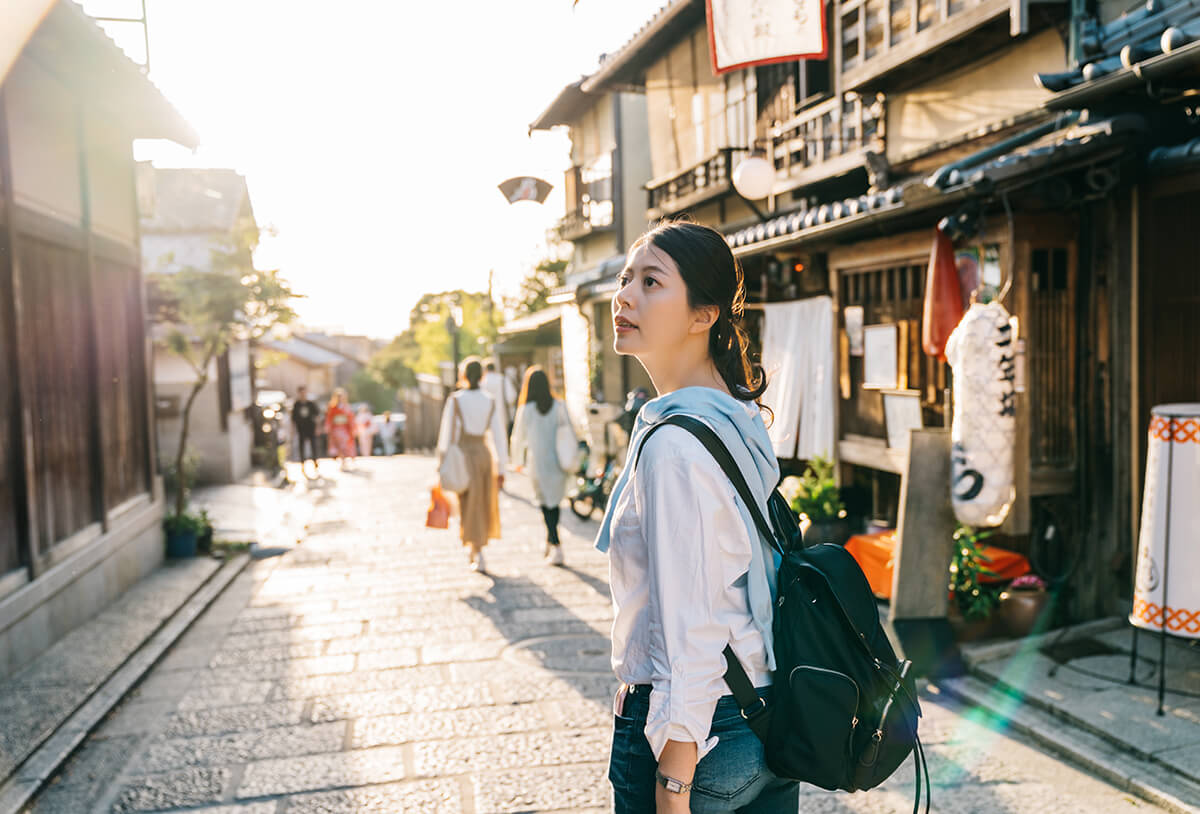
Japan offers several possibilities in terms of work and education for foreigners. The success stories are endless! But moving to Japan or in any other country is never a walk in the park. There are visa requirements, apartment searching, and money to pay for your ticket and rent.
Culture, on the other hand, is one of the biggest challenges foreigners face when living in another country. Pretty much all visitors and expats living in Japan have their fair share of myriad stories on the country’s culture and how different it is from their own countries.
However, with technology and the internet, we can easily search for everything we need to know before living in Japan. Here are the top 5 things you should learn before making the big move to study or work in the land of the rising sun.
Table of contents
Punctuality

The Japanese value time. If you’re used to arriving at work and/or at school a minute to 30 minutes after the time, it is considered late even if your teacher or your supervisor is not around yet.
In Japan, you are considered late even when you show up at the office on the dot. You are expected to come to the office or classroom 10 to 15 minutes before the time. For example, if your job starts at 8:00 AM, you should be at the office before the time and start working at 8:00 AM. This might seem too much for newcomers but this has led visitors to come back to the country.
The punctuality of the Japanese also transcends to everything they do. Be it schedules or deadlines, the Japanese always instill this mindset.
Trains
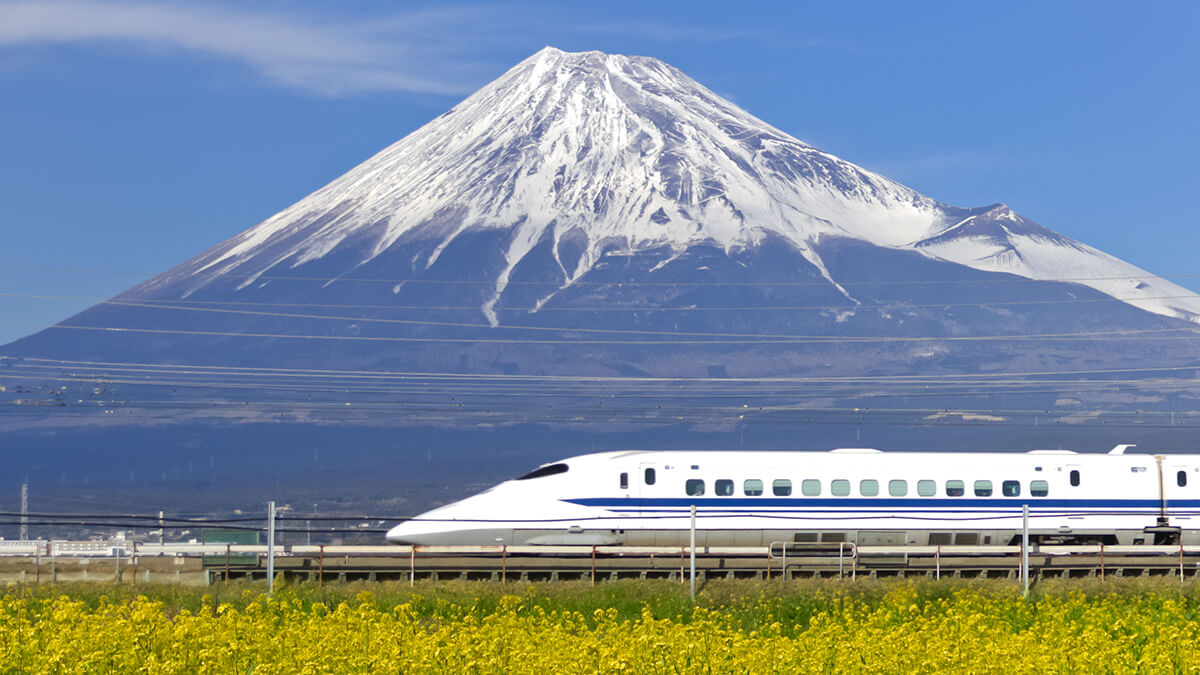
As popularly stated in the news and commercials, the Shinkansen is one of the fastest trains in the world. Its speed can go as fast as 603km/h. Trains are one of the few public transportations that you will be using in Japan.
Japanese trains are classified into five categories: Local (kakueki-teisha or futsu-densha), Rapid (kaisoku), Express (kyuko), Limited Express (tokkyu), and Super Express (shinkansen). The availability of these trains depends on the location you are staying in. But if you’re located in Tokyo or any of the major cities in the country, you are most likely to witness a cramped subway.
During rush hours, a huge number of salary workers and students flock inside a train. Some trains may look too full to take in another passenger but Train Pushers help out to make sure every last passenger makes it inside the train. This has shocked many newcomers in Japan. However, the ones living in the country have found ways to cope with the situation starting from checking the schedule of trains to avoid rush hours.
Learn The Language

Most signages in Japan have English counterparts. If you’re lucky enough to land a job in a major city, store owners and other establishments have put efforts in translating into English or writing their products’ names, menus, and rules in romaji. However, it is not always true for all parts of the country. Don’t expect Japanese people to speak in English just because visitors keep coming back to the country.
The language barrier can be a great cause of misunderstanding for newcomers. So if you are going to stay in Japan or even just visit the country for a while, you have to learn more phrases than just “Konnichiwa or Ohayō gozaimasu”. To make your stay worthwhile, sign up for Japanese classes. This will help you find better job opportunities and make new friends. It will also make it easier for you to navigate around the country.
Eating While Walking And Blowing Your Nose In Public
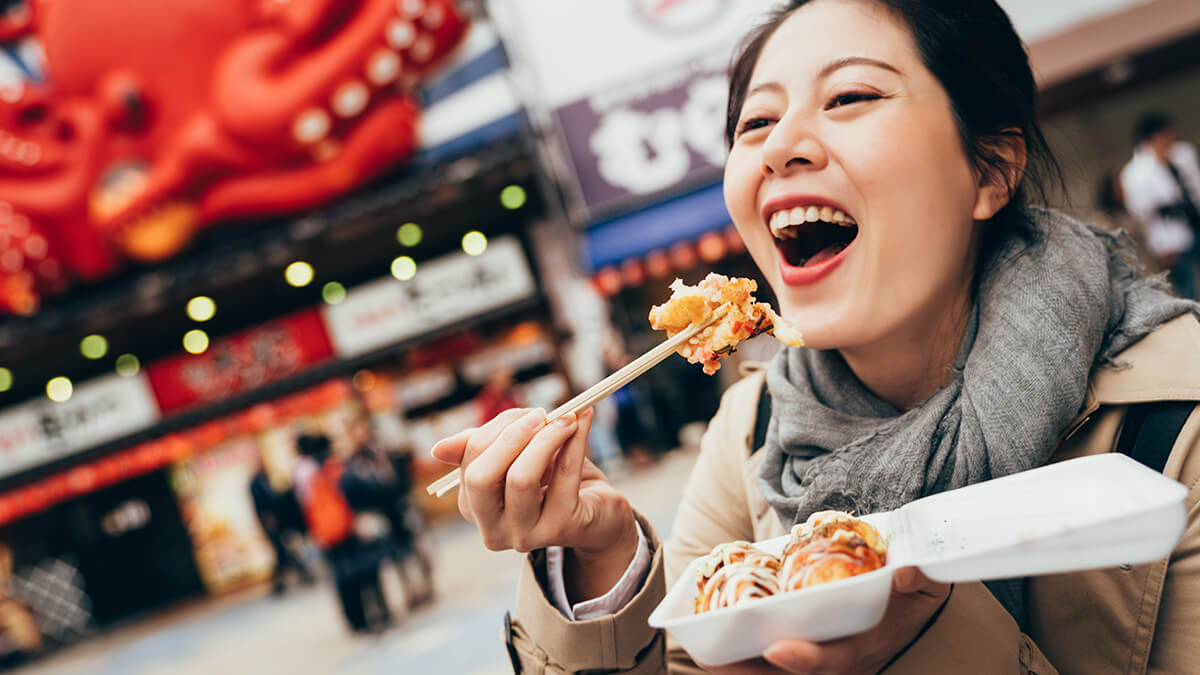
One of the must-do things in Japan is to have a taste of their street food. In movies and anime, you might have seen Japanese people eating dango, okonomiyaki, and crêpes while walking. Those are just a few things you look forward to when you live in Japan. Unfortunately, you can not just roam around a park or ride a bus while eating.
The Japanese put great emphasis on manners and with ikkai ichi dousa which similarly means “do one thing at a time”. Only eat your food within the premises of the store you bought it from, while sitting down on a park bench, and in some tourist spots. Newcomers tend to just buy food from the nearest 7/11 stores and eat while walking.
Lastly, blowing your nose in public is considered rude. If you are so used to blowing your nose anywhere, it’s not applicable in Japan. The citizens always keep in mind to be polite and not spread any diseases or illnesses to others. It might be difficult for newcomers to follow this practice, so always look for a bathroom stall or somewhere private and away from the public to sneeze.
Indoor Etiquette: Shoes And Slippers
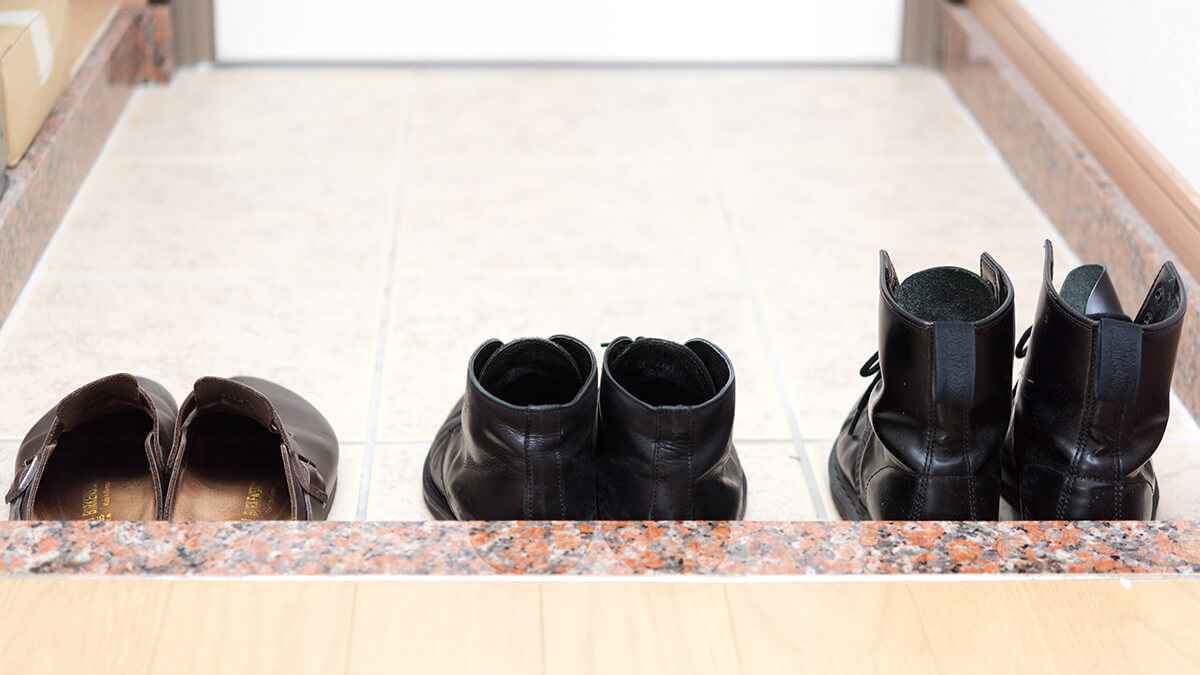
If you have made some friends in your stay in Japan, always remove your shoes at the Genkan before stepping into their houses. Slippers are often provided for visitors but always make sure to have a pair of socks in your bag.
In some countries, there is no clear rule of leaving your shoes whenever entering a house. But in Japan, it is an important tradition that is also applied to rental houses and apartments. Some landlords are even hesitant to allow foreigners to rent their rooms to avoid ruining carpets and tatami mats. If you want to build a good relationship with your landlord and make friends with your neighbors, always keep this in mind.
Conclusion
Moving to a new country is always tough but also an exciting experience. If you have decided to make your way into the land of the rising sun, look for the best places to stay. We have listed only a few important things you need to know living in Japan. Learn more about the country. Open your smartphone and laptop and connect to the web!
Motto Japan, the community platform to support foreigners with the foundation for life in Japan, including Japanese study, job opportunities, and housing service. Motto Japan Media will provide a wide variety of information for Japanese fans all over the world, to create a cross-cultural environment and enrich the life of foreign residents in Japan!


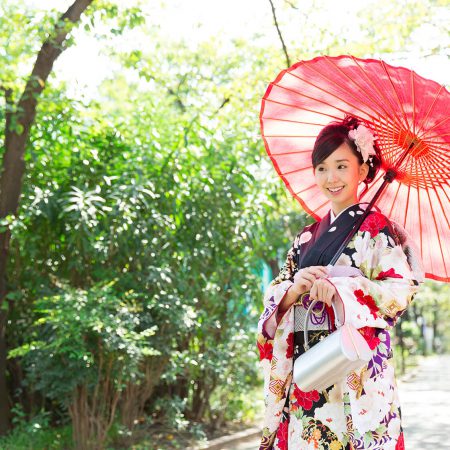


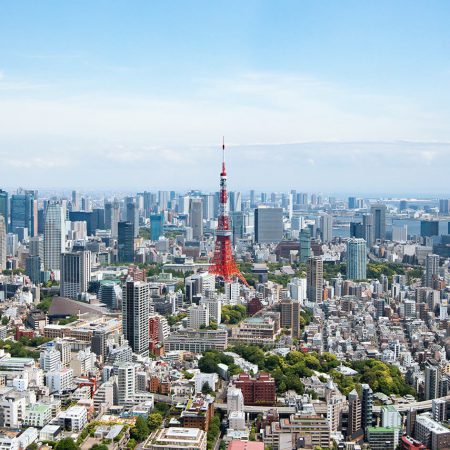
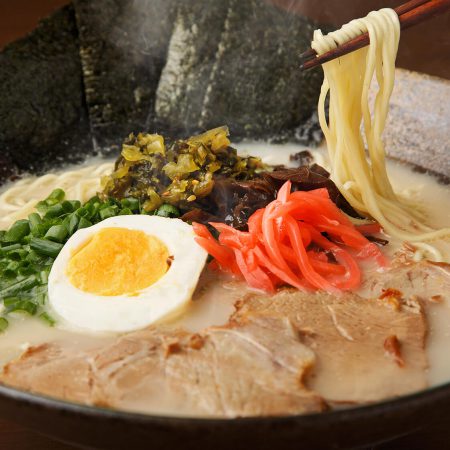






Leave a Reply